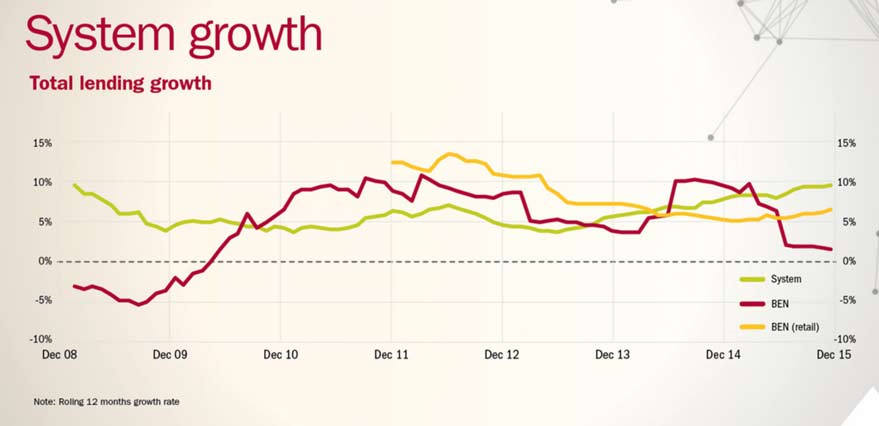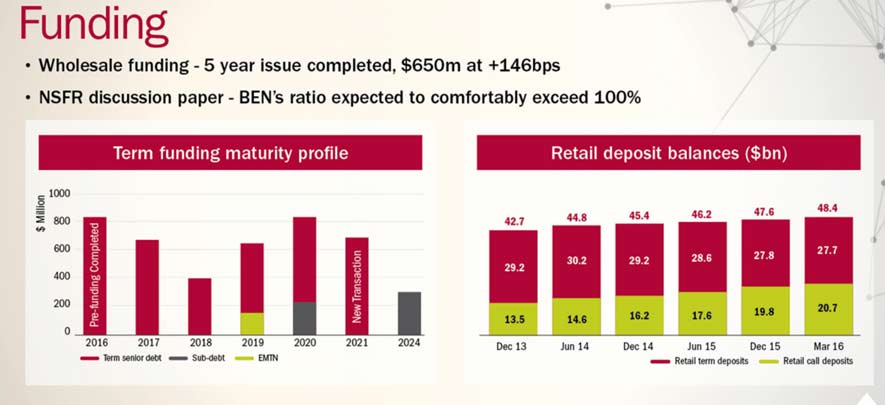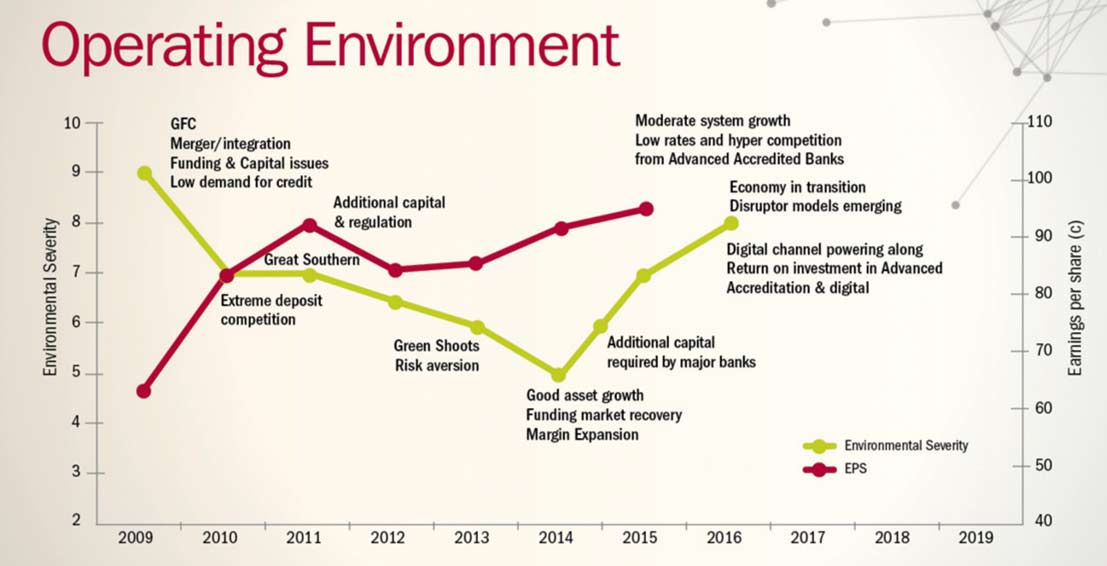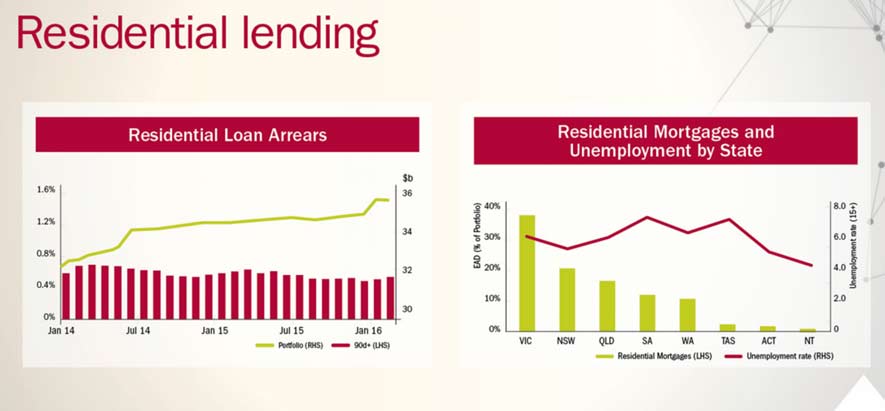In a speech Sir Jon Cunliffe Deputy Governor for Financial Stability, Bank of England, urges regulators and banks to press ahead with implementing rules designed to enable banks to fail without the need for government bailouts. Jon says that a vast amount of work has been done to come up with better ways to deal with a failed bank and a better answer than ‘the taxpayer’ to the question of ‘who pays?
“I think it is possible to have a world in which large banks can fail in an orderly way – without the contagion and damage to the economy that in the past has forced the taxpayer to come in and absorb losses. But there is no single, silver bullet to achieve that; rather it requires the application of a comprehensive set of policy and powers.”
Jon declares that the UK is now in a much stronger position to deal with bank failures than it was in 2008, thanks to substantial progress on five key planks of reform: improved bank resilience; ensuring that authorities have the necessary powers and machinery to manage the failure of a bank; structuring banks so that they are resolvable; ensuring that banks are financed in a way that supports resolution, and international cooperation.
However, moving to an effective resolution regime will require a major transition, Jon warns: “Many larger banks will need to make changes to their structure and financing. There will inevitably be higher costs as the implicit public subsidy is removed. There is no free lunch.”
Jon observes there is evidence that the multipronged approach to addressing Too Big To Fail is already having an effect: ratings agencies have started to reduce their “government support” uplifts for big banks, while spreads between senior and structurally subordinated debt of UK Global Systemically Important Banks (G-SIBs) suggests that resolution regimes are gaining credibility.
“In part, this is a result of the entry into force of the BRRD, and in the UK the Bank’s consultation paper on the setting of the Minimum Requirement for own funds and Eligible Liabilities (MREL). But it has almost certainly been reinforced by other events that have brought the issue into sharper relief,” Jon notes, adding that one of the key benefits of ensuring that certain creditors can be bailed in is that those creditors have a much stronger incentive to monitor and, if necessary, constrain the risks banks are taking.
Nonetheless, the transition to an effective resolution regime needs to be carefully managed, which is why the Bank of England is pursuing an approach to resolution in the UK that is proportionate, gradualist and provides clarity to banks and their creditors.
“The resolution requirements for a bank should be what is necessary to deliver the resolution strategy for that bank – no more and no less,” according to Jon.
The Bank’s proposed approach to setting MREL is based on the judgement that large banks cannot be allowed to cease operating abruptly; they have to be stabilised and resolved over time. As a result, the bank needs to have enough debt that can be bailed in to restore its capital so it can continue to operate as an authorised firm while it is being resolved. Smaller banks that can more easily be separated need to hold resources to recapitalise only the parts of their business that provide critical economic services and that can be sold, while the remainder can go into insolvency. The very smallest institutions do not need to be kept in operation as an abrupt stop in activity should not generate contagion or damage the economy. Insolvency rather than resolution is the proportionate strategy and so they do not need bail in debt.
In keeping with the second key principle, gradualism, the Bank is proposing to allow the full four year transition period for banks to meet their MREL requirements. This will allow the market for MREL – eligible debt to develop and allow banks to smooth out their debt issuance, minimising issuance and interest costs.
Finally, banks and their creditors need to have clarity – both in relation to the requirements of the new regime and clarity as to their liability if things go wrong.
“This is not just a case of making sure that those that buy bank debt that can be bailed in realise the risks of the instruments they have purchased. It also means making sure that creditors understand the resolution strategy of the institution to which they have lent money. Unprotected depositors in institutions that have no bail in debt should be clear that in the event of trouble, they stand next in line after shareholders when it comes to absorbing losses.”
Jon concludes that while regulators cannot expect to insulate fully all institutions from all external shocks, the legal, financial and practical arrangements are in place to resolve banks of all sizes.
“But this will only be true if we implement the new regime on resolution fully. Both regulators and industry have an incentive to do so. If, next time there is a crisis, authorities face the same unenviable choice as in the crisis, if taxpayer bailouts cannot be avoided, then the case for breaking up banks and making them much, much simpler will be very hard to resist.”
“The powers, international standards and institutions are all in place. The authorities and the banking system have strong and common incentives to complete the implementation. It is in all our interests that we do so.”









